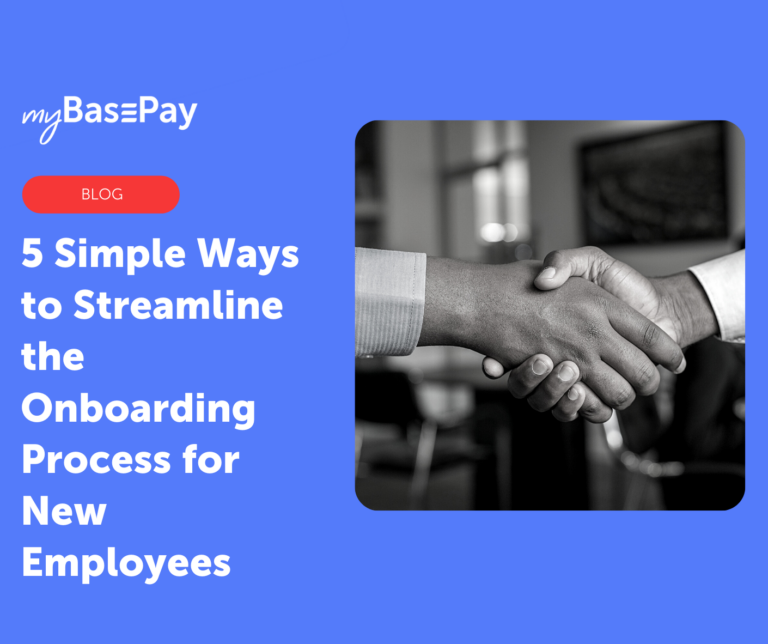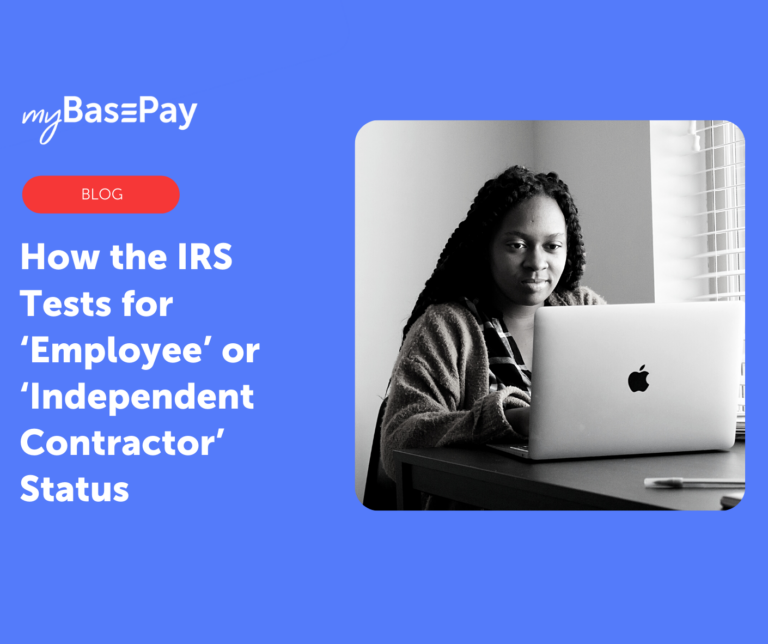Everything You Need to Know: The Pros and Cons of Becoming an Independent Contractor
Up to 32 percent of the current workforce are independent contractors, and this rate has been steadily rising for years. When you consider diversified workers, those who mix traditional and independent employment status, it includes over half of all current working Americans.
This surge can be attributed to the rise of remote work in the wake of COVID, as location independence has become highly sought and valued for workers. It’s unlikely the trend will reverse in the foreseeable future.
Setting out as an independent contractor is an exciting and enticing prospect for many professionals. However, it’s essential to understand the core differences between the two classifications before making the transition. Compared with a typical employee-employer relationship, independent contractors have more choices when it comes to where and how they work.
However, some significant drawbacks might take newcomers by surprise. Before making any final moves and moving forward, it’s important to weigh some of the positive and negative aspects of independent contract work.
Pro #1: Independent Means Autonomous
The most immediate benefit new independent contractors can expect to enjoy is a sense of freedom. By definition, self-employed workers are their own boss, and this means they work according to guidelines they set for themselves.
Gone are any mandatory training courses, meetings, or set hours unless explicitly stated in their contract. Many positions now are remote-based by default, and so long as the deliverables are completed by the deadline, the contractor has complete discretion about their work method.
There’s little to no oversight in these types of relationships as the contractor-client relationship is more even when compared to employer-employee. For those who like to create their schedule and don’t like to be micromanaged, it’s easy to see how this kind of independence is attractive.
Con #1: Tracking Expenses
With these new freedoms come responsibilities, and expense tracking is often an overlooked drawback for contractors. The standard self-employment tax rate is 15.3 percent which can be paid either quarterly or annually. This can quickly snowball and catch new contractors by surprise when they owe a large sum to the government at the end of the year.
Contractors must keep meticulous records of all businesses expenses so they can offset some of what they owe. This requires a certain degree of organization and accountability to do correctly, and it is undoubtedly more complicated than simply having it all deducted automatically from their pay.
Pro #2: Higher Pay Potential
Independent contractors earn an average of 36 percent more per hour more than a part or full-time employee, and there’s solid reasoning to back up this increased rate.
Contractors require less overhead and support from a company to complete their work and usually bring a specialized skill set to the table. As independent contractors set their rate method with each client, they can negotiate a better deal as the demand for the skills increase.
Another powerful tool they possess is adjusting their payment format, which is crucial for new contractors to understand. The three most common payment formats are a standard hourly rate, a flat rate per project, or a retainer model.
Accurately gauging how to bill for your service is an essential step for any contractor and should be agreed upon before the work begins. Compared to asking your boss for a raise, it’s far easier to increase your base rate of pay as a contractor and relay the information to clients before beginning a project with them.
A higher rate than a standard part-time employee is somewhat understood in the relationship, as one of the main drawbacks for independent contractors is the lack of benefits.
Con #2: No Employee Benefits
With traditional employers, one can expect health insurance benefits and that their taxes will be automatically withheld from their paycheck. Most salaried positions also come along with paid time off for sick leave and holidays.
They can also expect regular payment as many successful companies utilize back-office solutions — like those offered by myBasePay, for example — to simplify the payroll process. Once an organization reaches a certain point of growth, these programs are put into place to save all involved time and energy, and they ensure all steps of the payroll process are smooth.
These kinds of benefits and automation are all noticeably absent for independent contractors. They must find and pay for their health insurance and are responsible for invoicing their clients.
Should an independent contractor lose their clients, there’s no safety net of unemployment either. The loss of benefits is perhaps the biggest drawback for independent contractors, but the control they maintain is again the equaling factor.
Pro #3: Control Your Career
An underrated benefit of independent contractors is the complete control they maintain over their career trajectory. Contractors are free to accept or deny any clients they like and thus can develop relationships and skills in the industry of their interest. By being selective about their projects, independent contractors can develop along a specific path rather than fill the needs of a company.
Specializing in a skill set leads to more negotiating power, and independent contract work is undoubtedly the fast track to gaining the first-hand experience necessary to learn.
Con #3: Isolation and Uncertainty
While working alone and on a per-project basis might work for some, the independent contractor system is inherently unstable compared to regular employment.
There’s no guarantee of a future paycheck, coworkers to bounce ideas off of, and this kind of isolation and uncertainty leads to loneliness for some. With strong communication skills and savvy use of technology, these can be overcome. However, there’s no getting around though that if an independent contractor cannot work, they are unable to earn.
The stress and unpredictable nature of independent contractor work might scare some off, but there is undoubtedly potential in the system for those who can endure it.
The Bottom Line
Some can see becoming an independent contractor as a gamble, and traditional employment can be seen as the more secure option overall.
Within the risk, however, lies ample opportunity for reward in independent contract work. For professionals who are natural self-starters and prefer to maintain control and responsibility for their work, it’s a valid option worth exploring.
Author: Cesar Romero
Cesar is the Head of Marketing at myBasePay, where he’s responsible for overseeing the company’s content marketing, community, and partnerships strategy. He also co-hosts The Ivy Podcast where he interviews executives from Fortune 500 companies on executive leadership. When he’s not helping startups with marketing and community strategy, you can find him paying it forward by serving as a mentor for leading organizations like StartingBloc, Hive, and Global Citizen Year.






